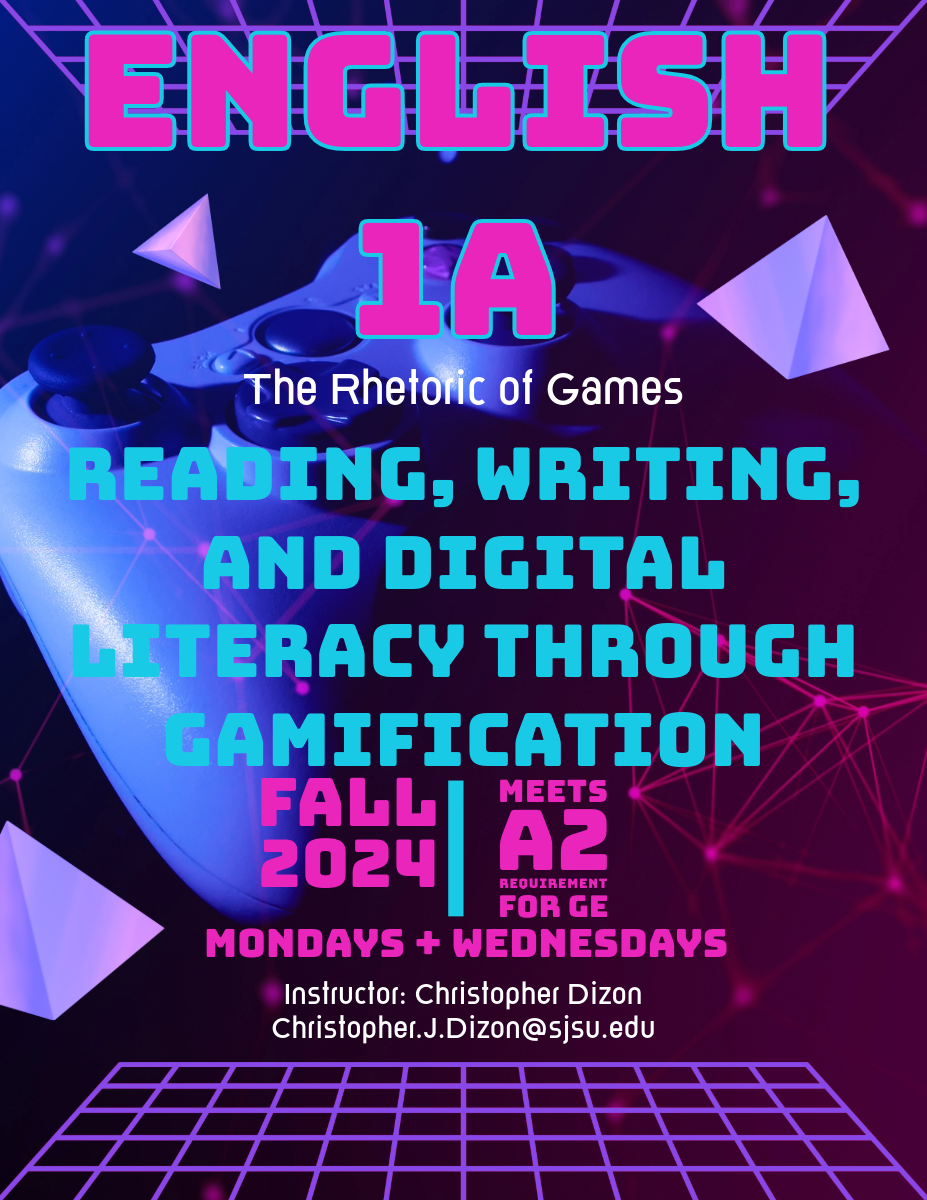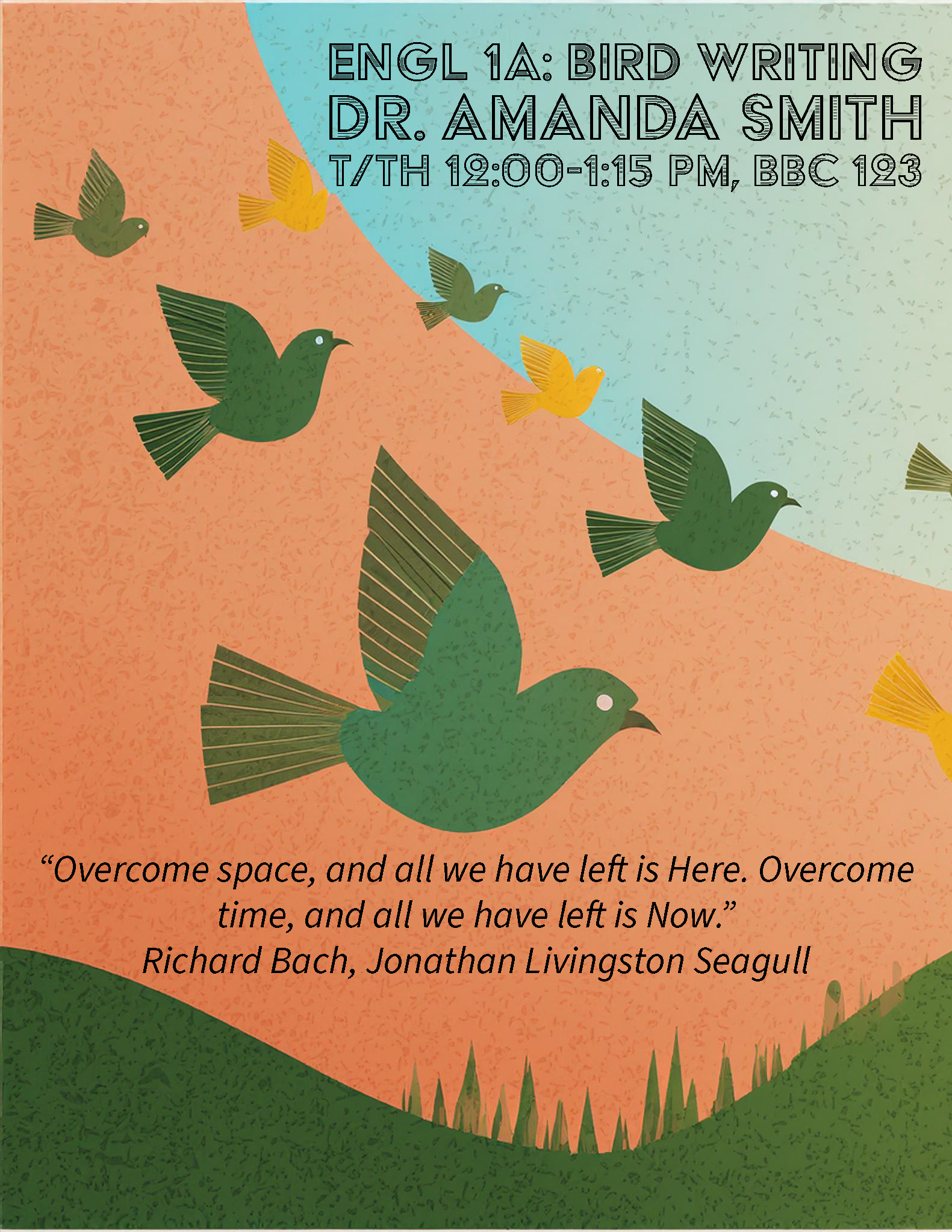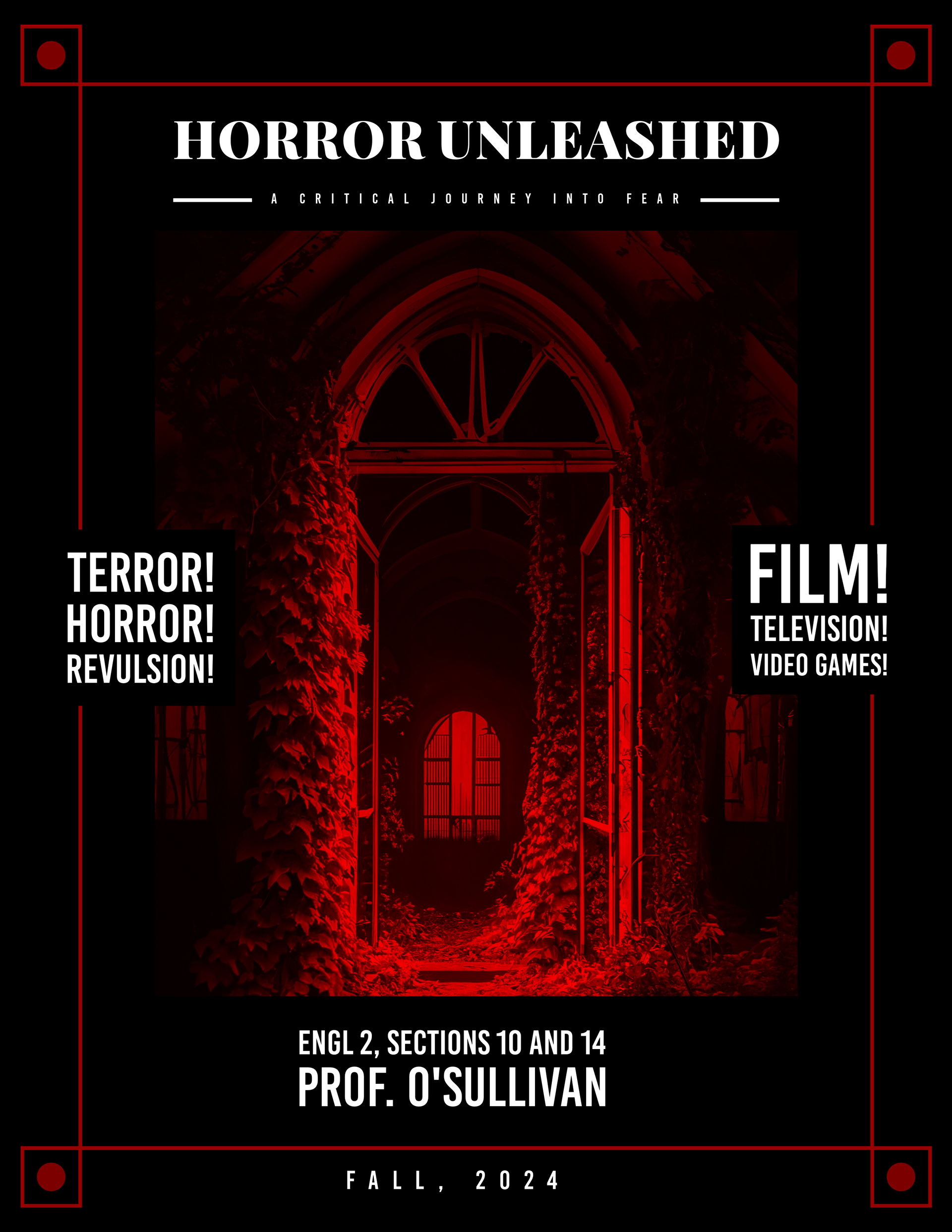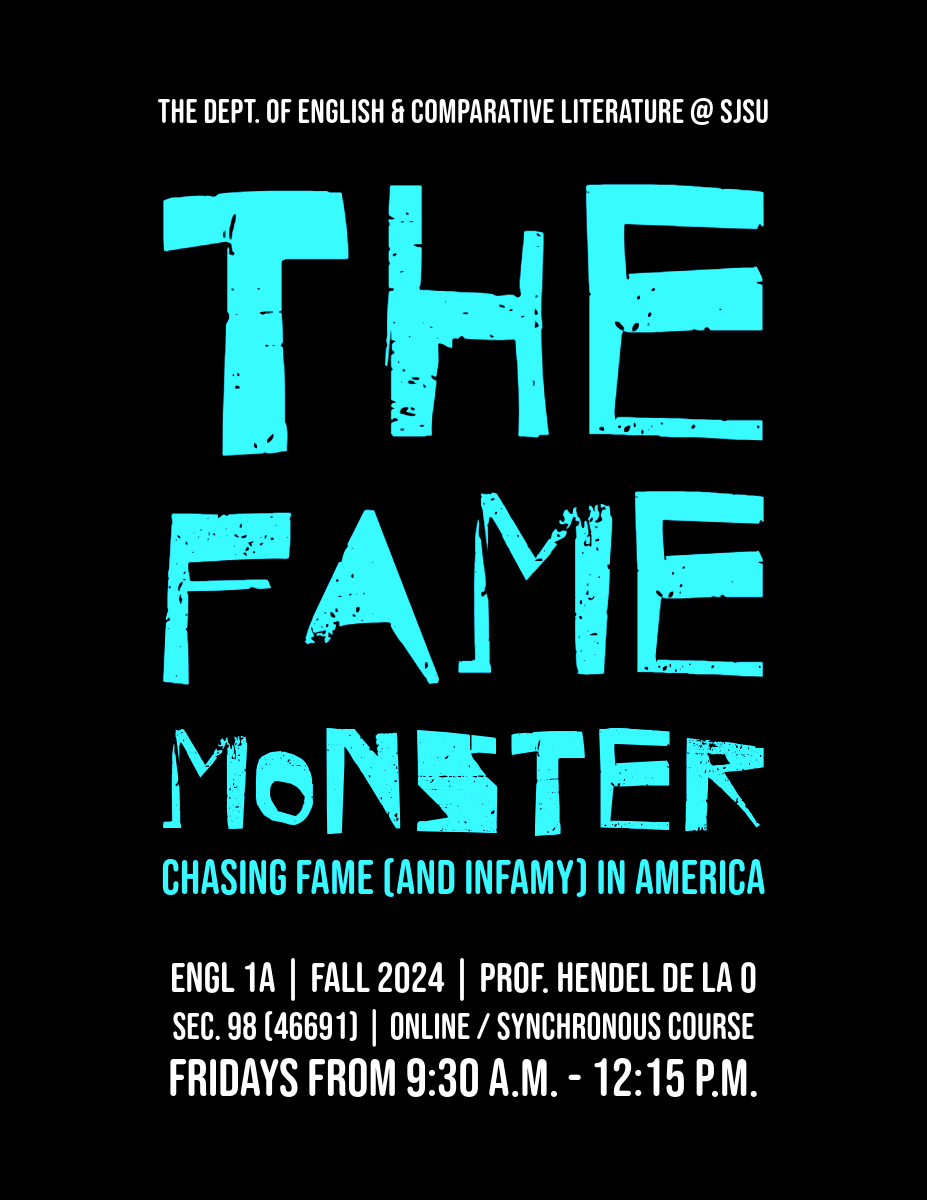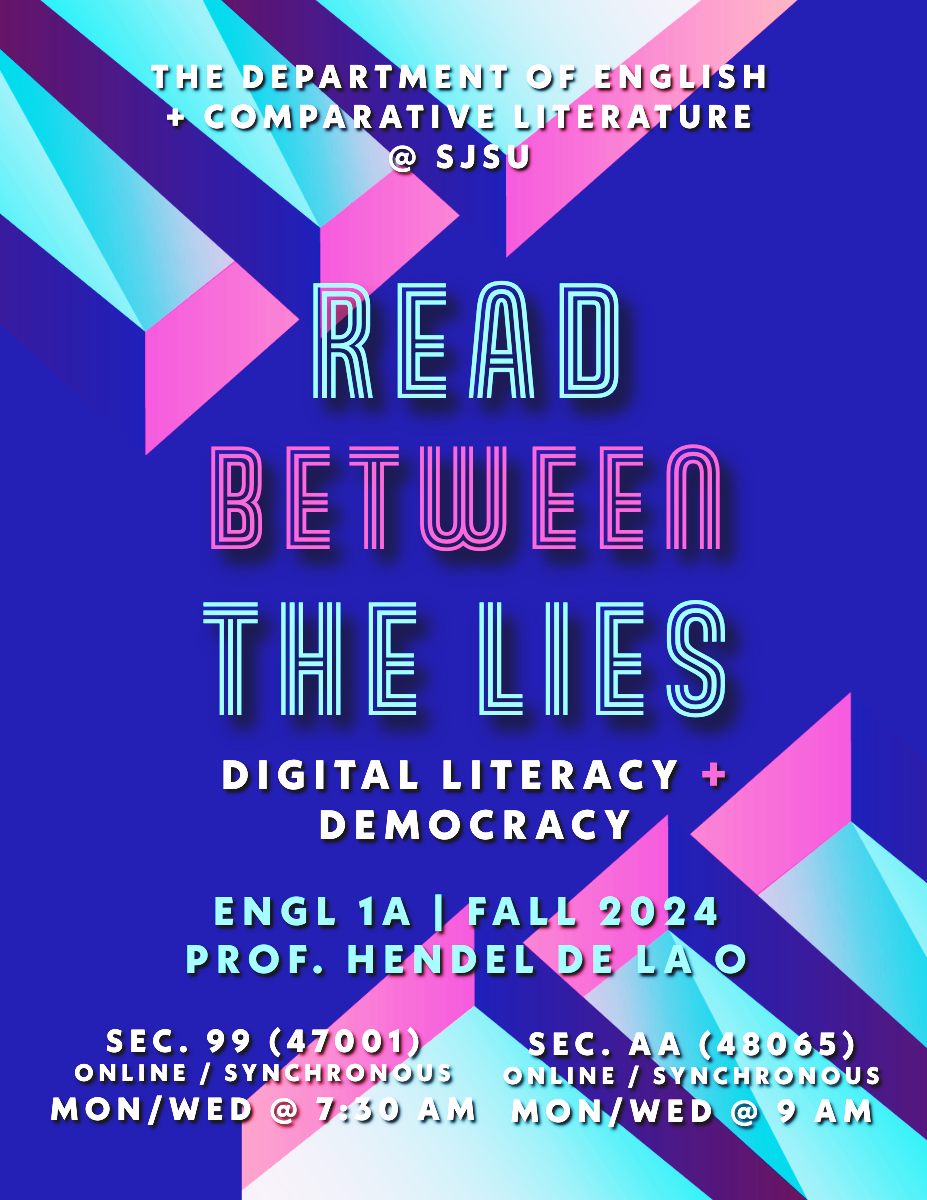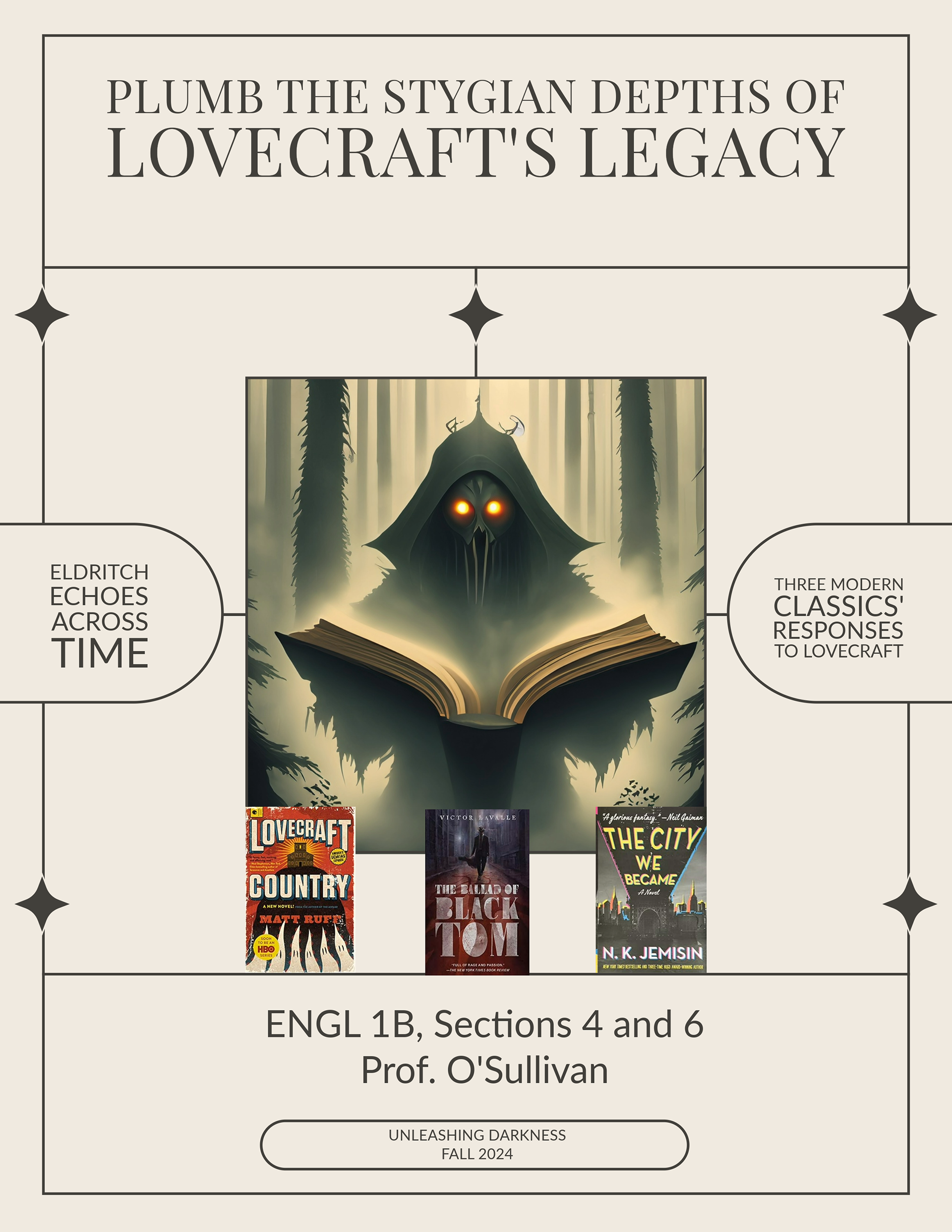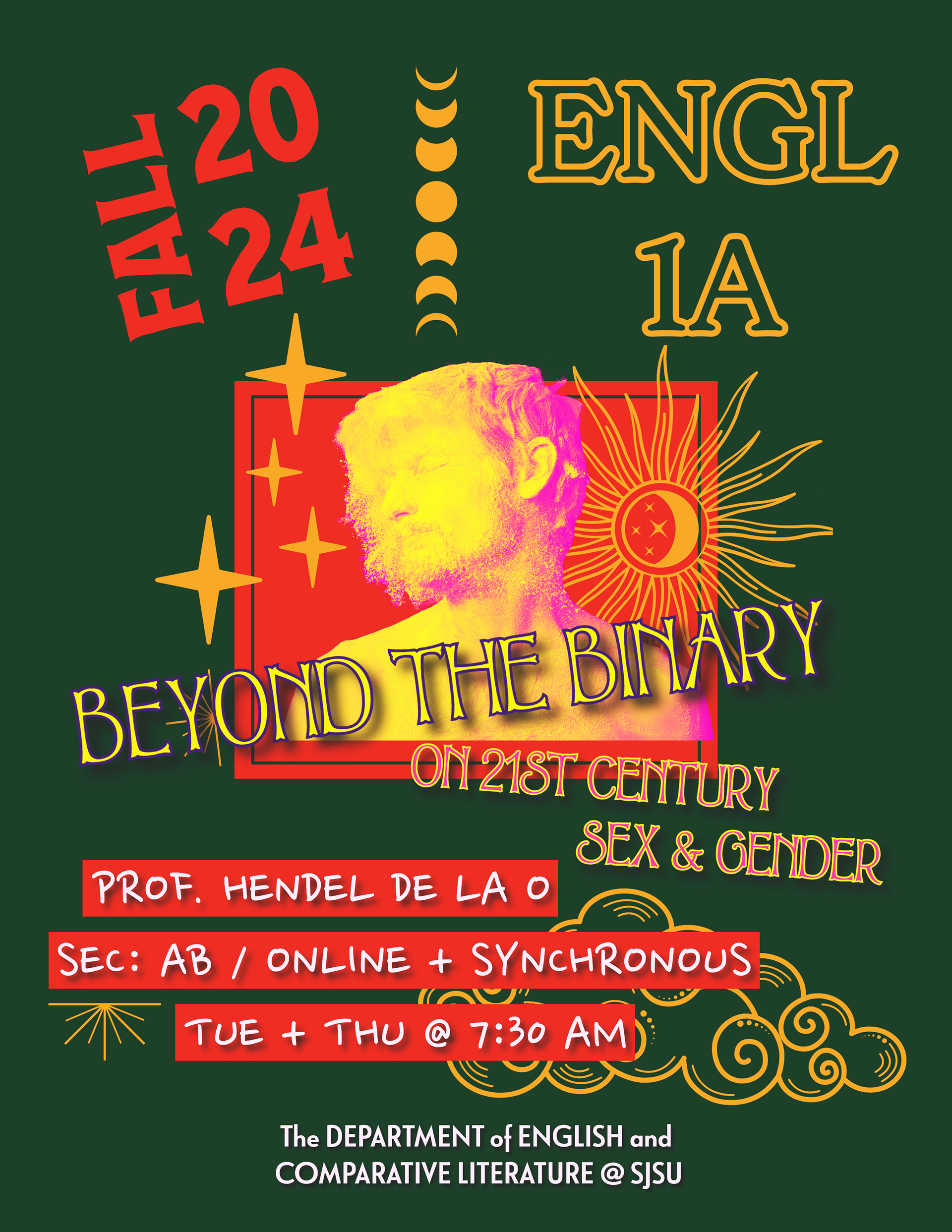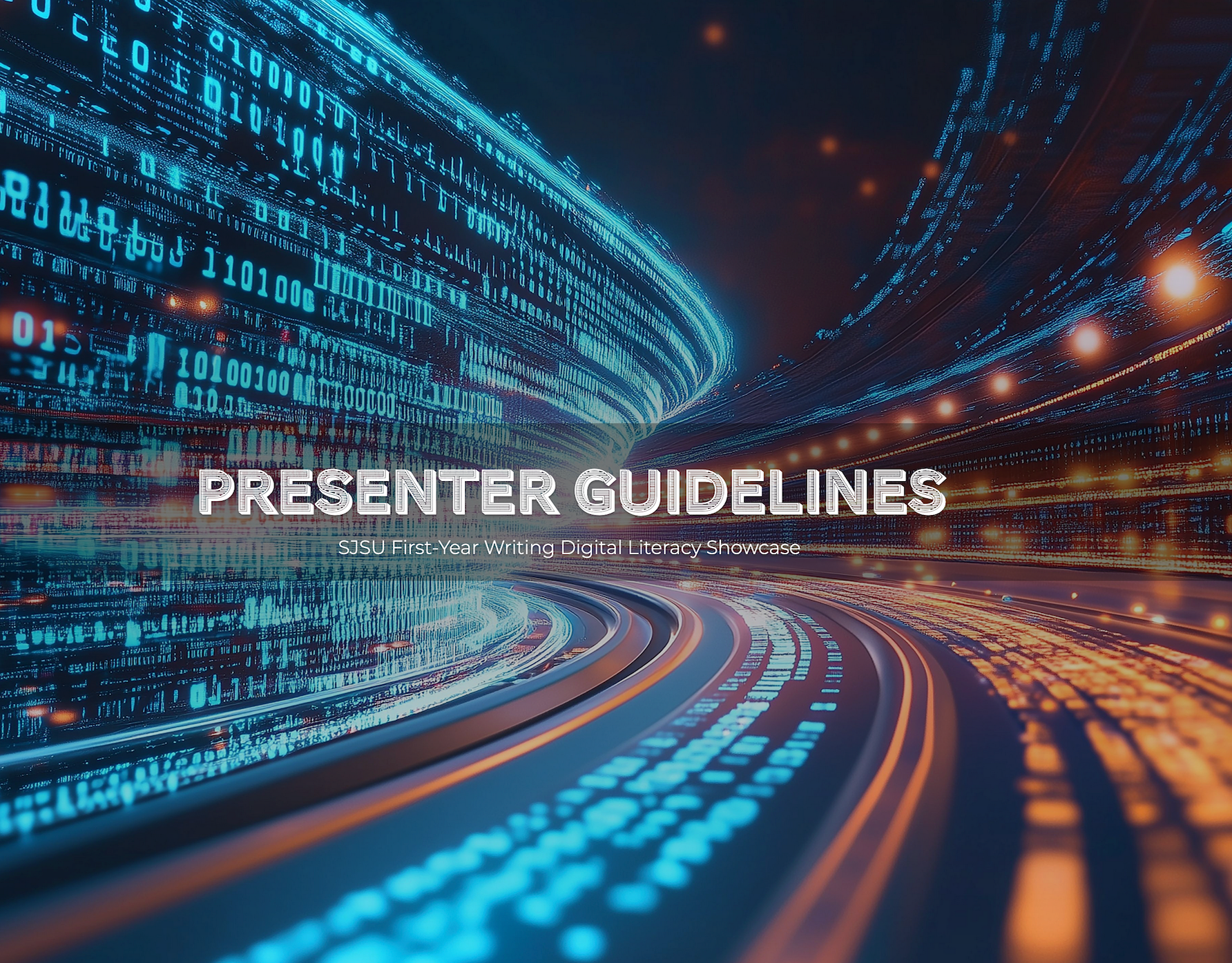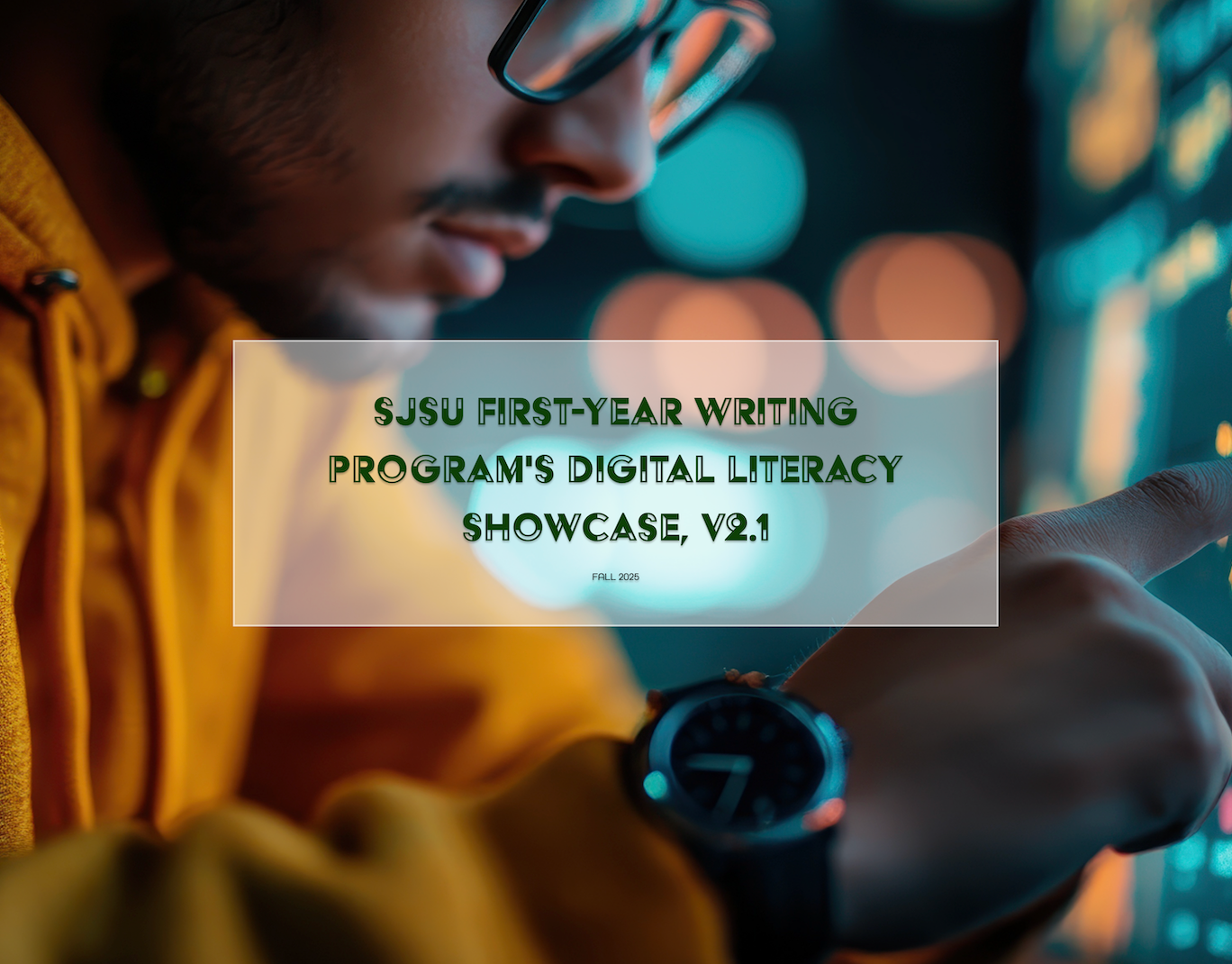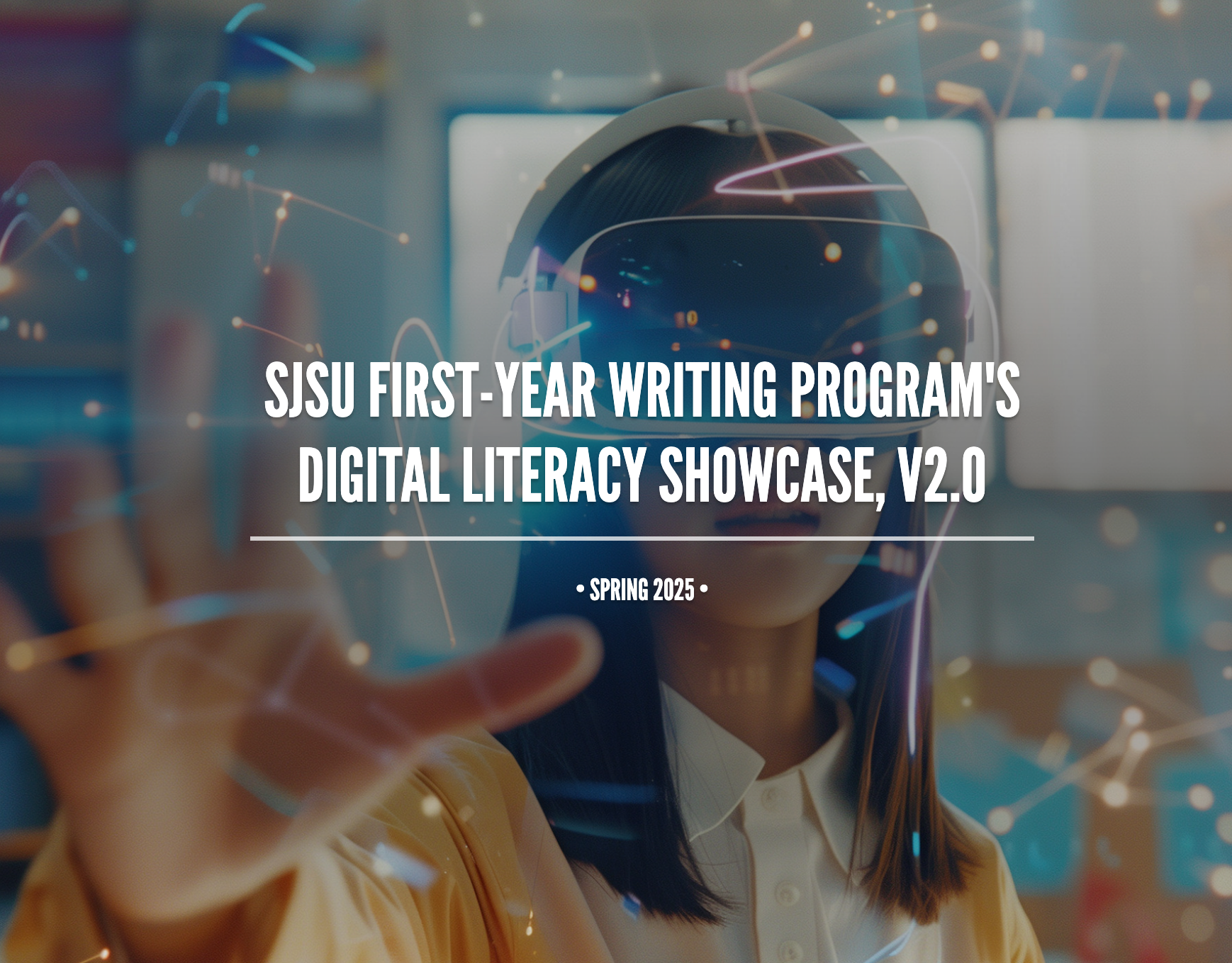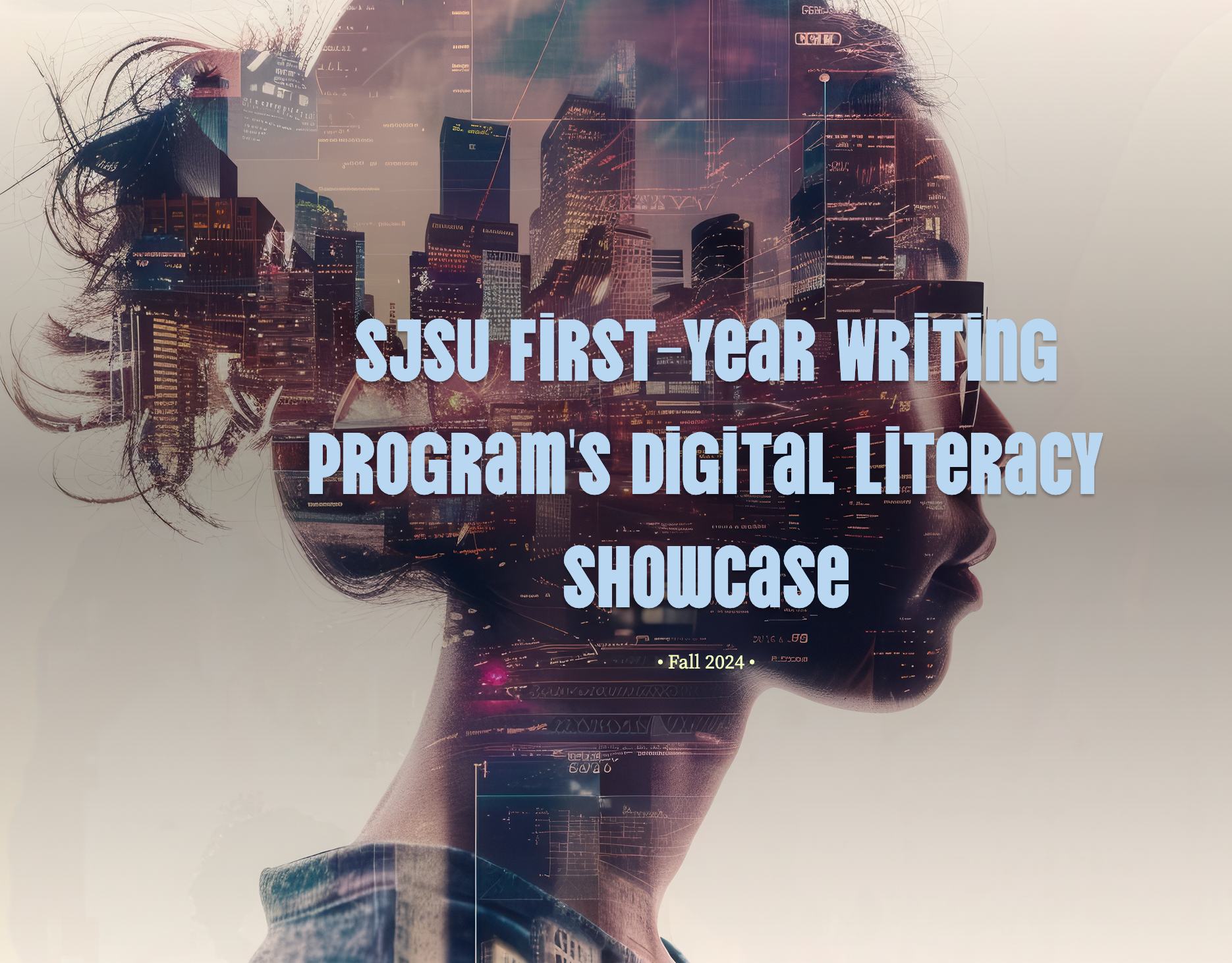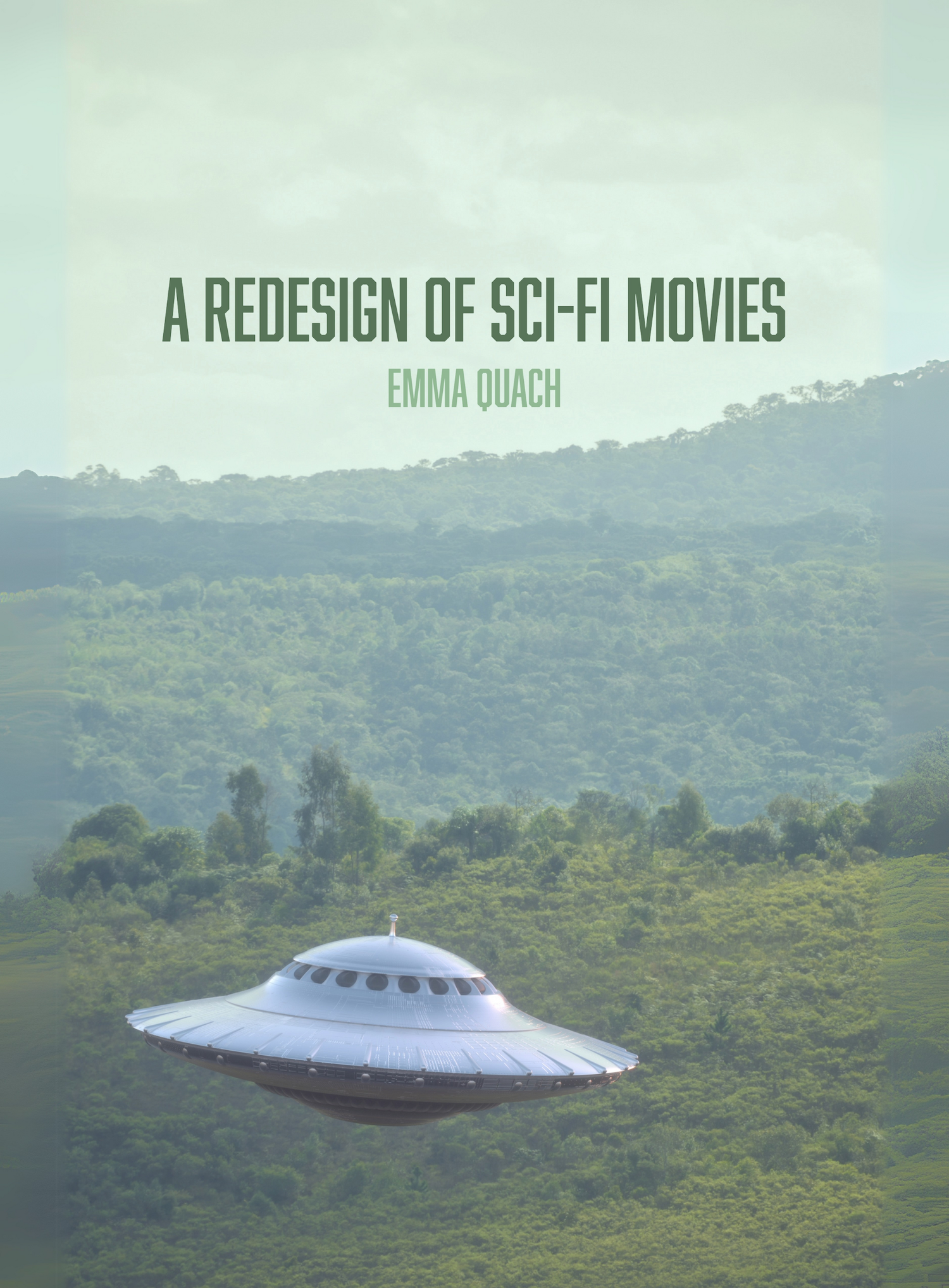
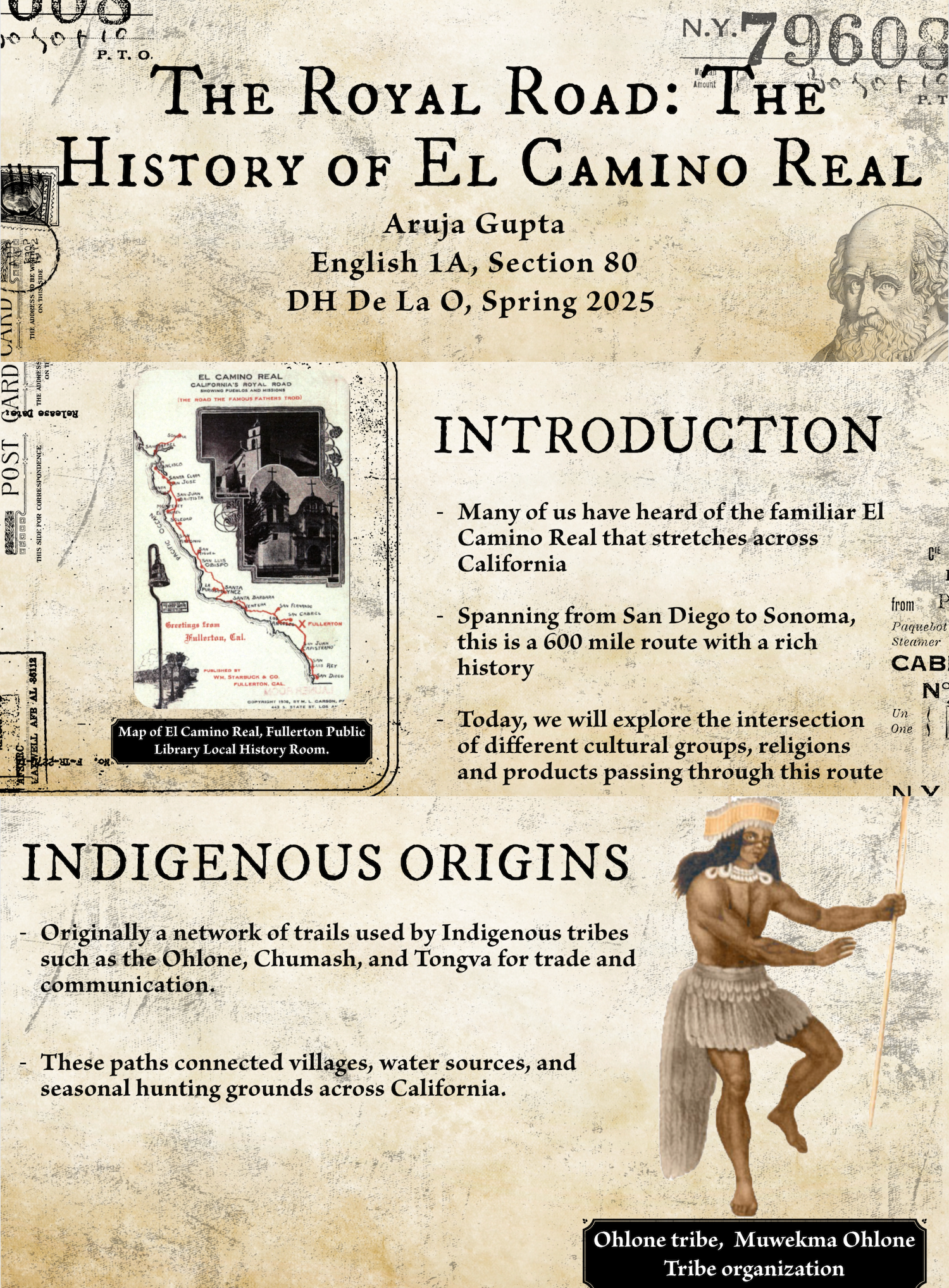

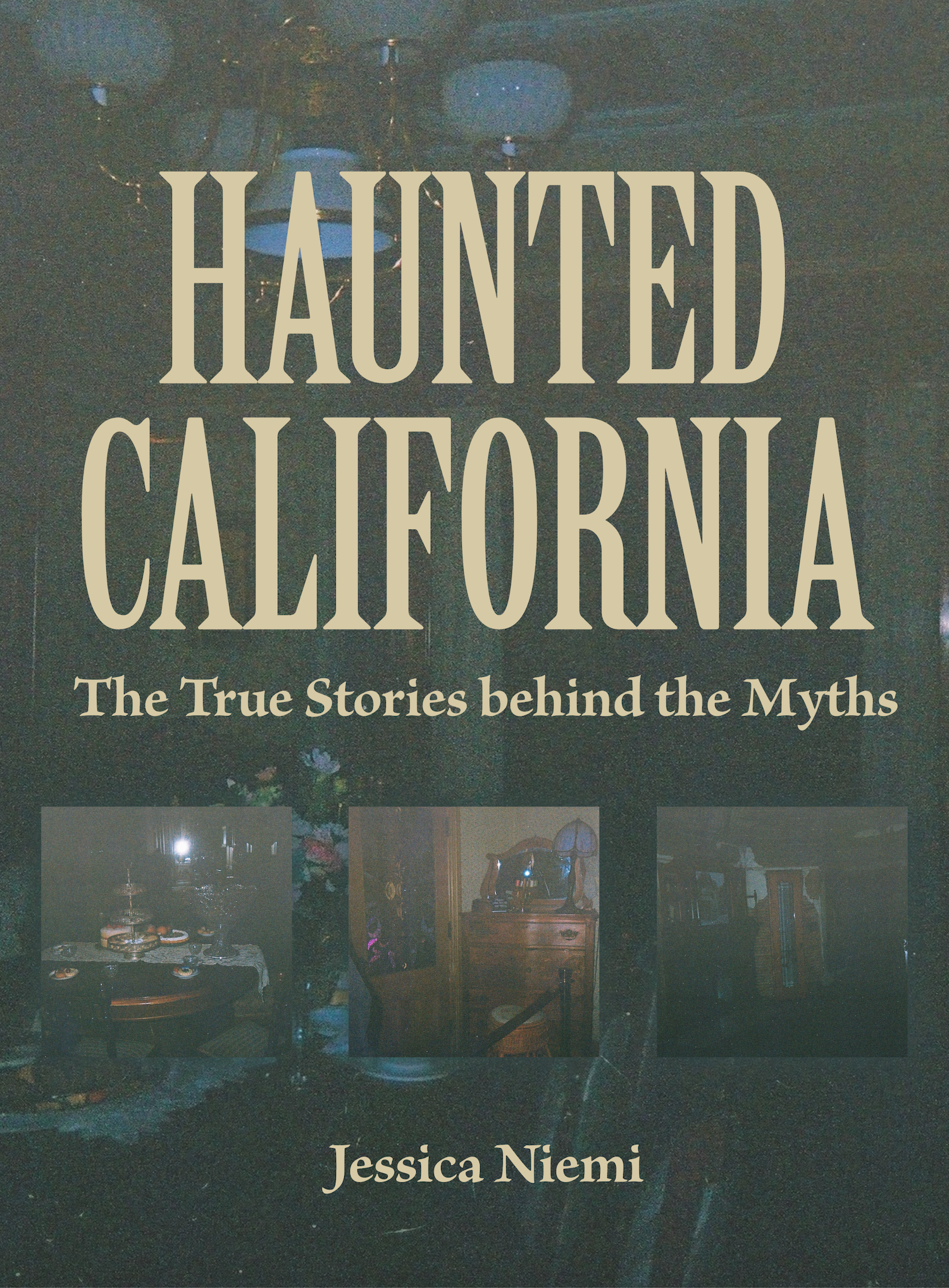
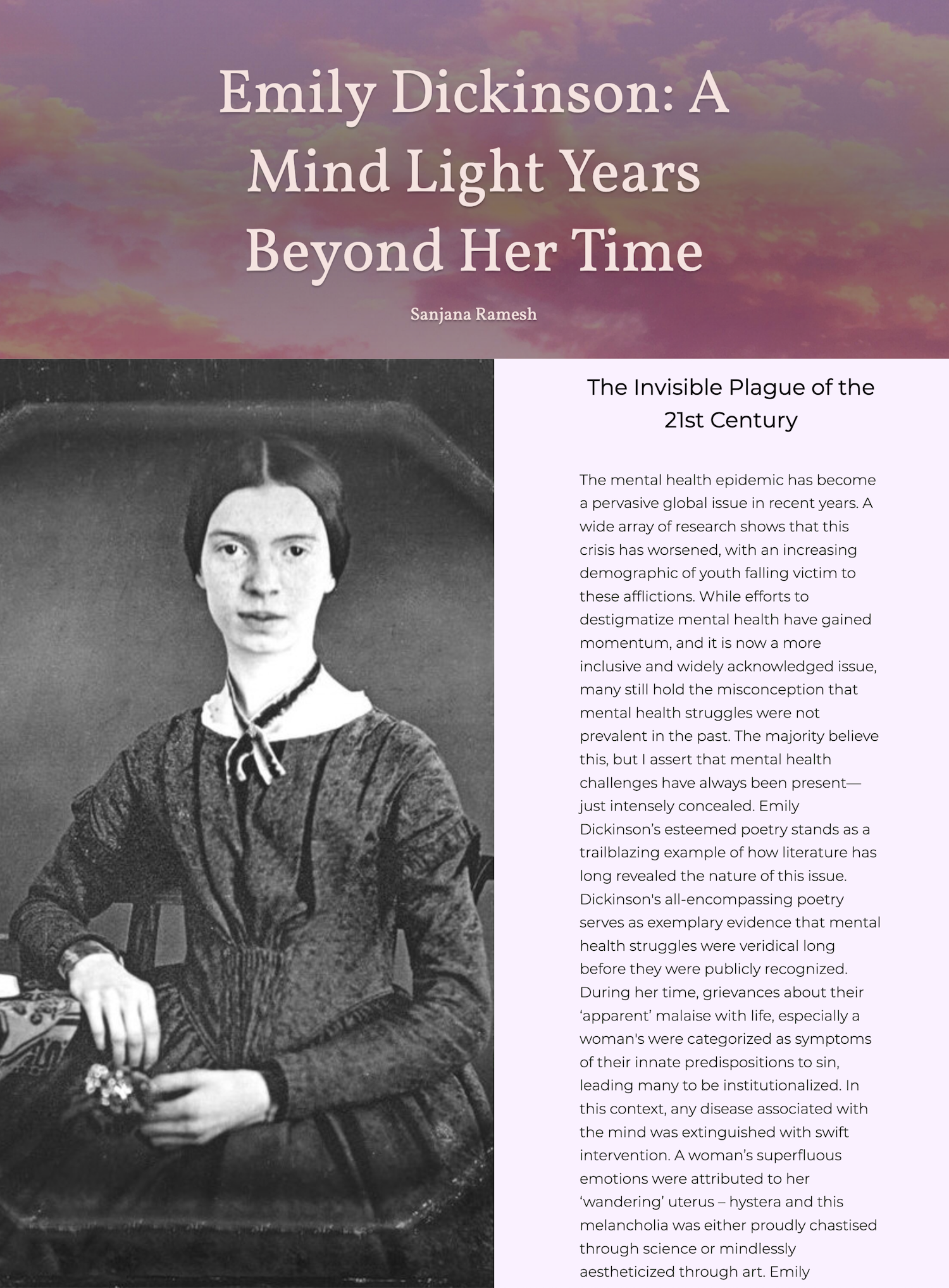
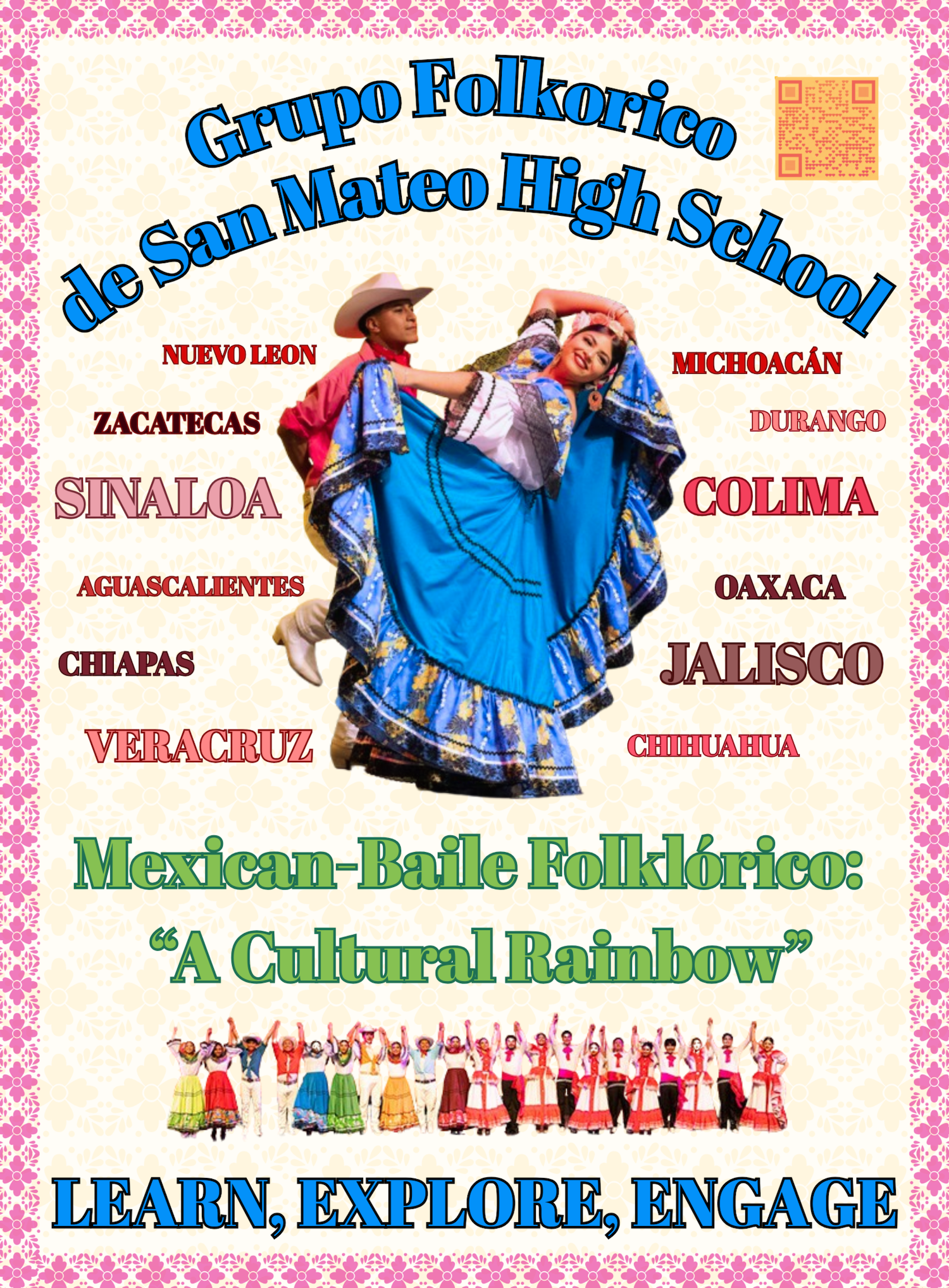
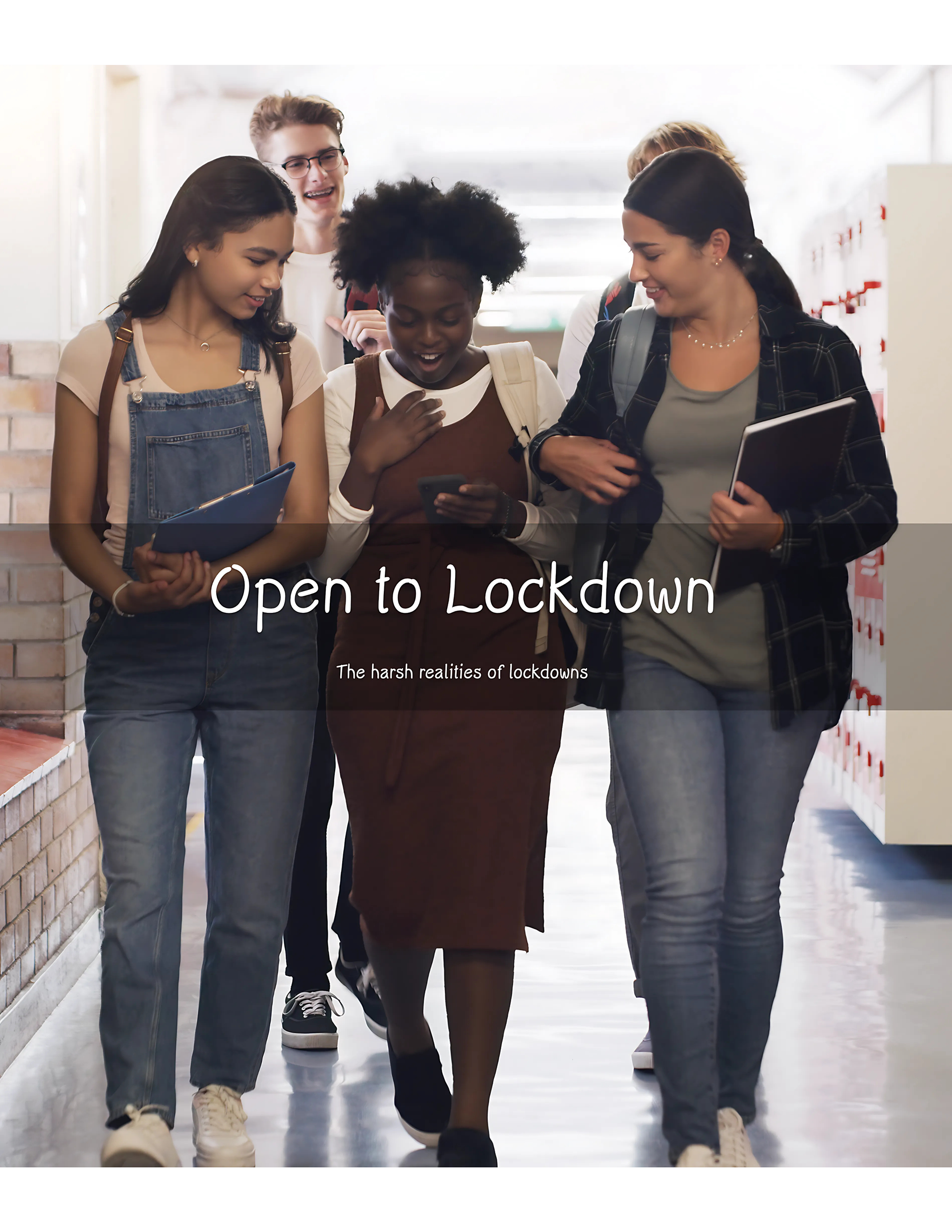
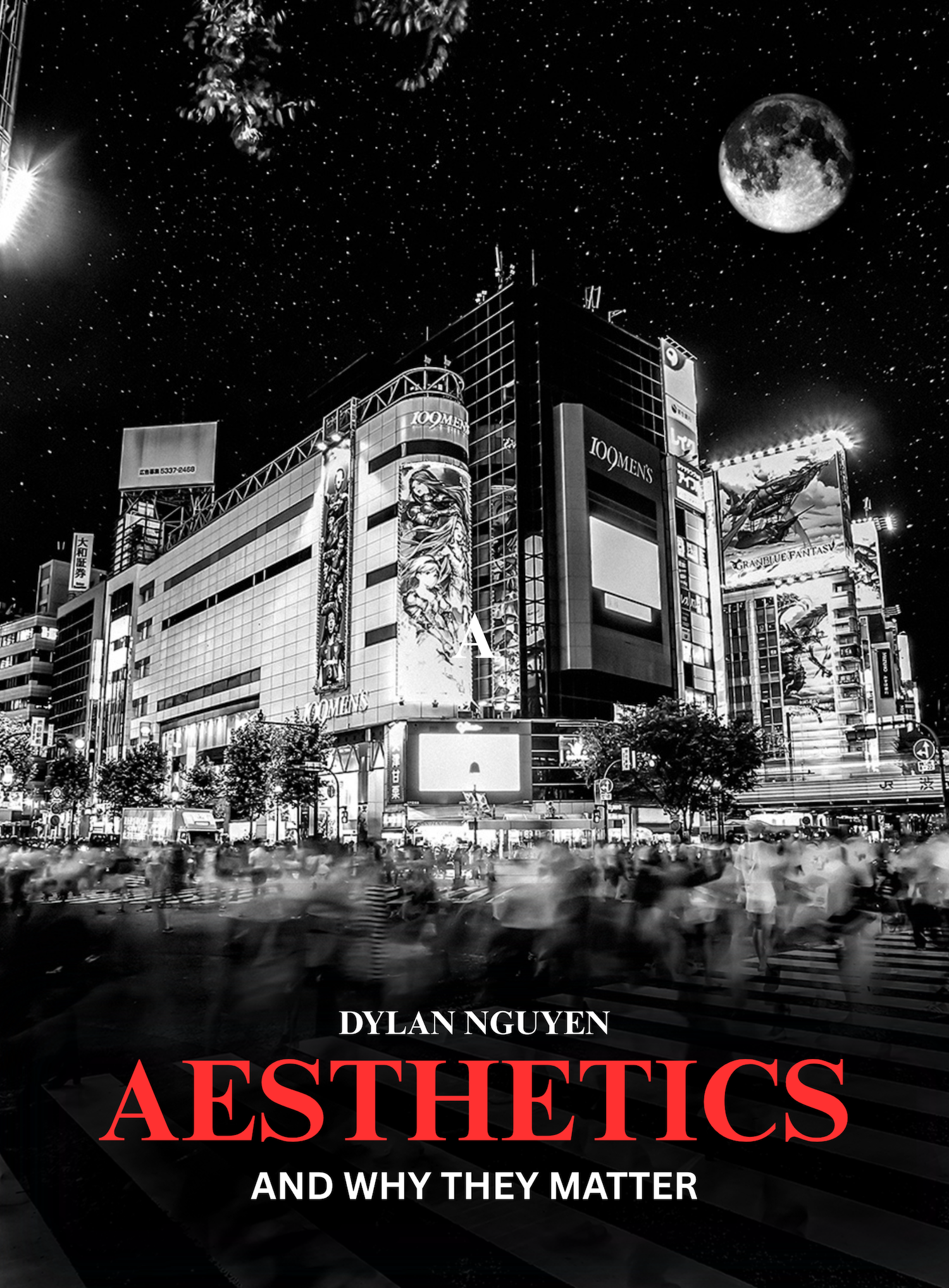
First-Year writing's Digital Literacy Showcase: purpose & background
In Spring 2024, San José State University's First-Year Writing Program (FYW) launched a Digital Literacy Initiative with support from Adobe Systems and the Provost's Office. SJSU’s identity as Silicon Valley’s Public University demands that we be at the forefront of supporting students’ digital literacy. In FYW, we're particularly interested connecting evolutions in online and digital media with evolutions in writing, reading, & literacy.
Building on FYW's commitment to process over product, the SJSU FYW Digital Literacy Showcase spotlights students' digital works-in-progress. Showcase participants are selected from FYW's writing courses (ENGL 1AF/S, 1A, 1B, and 2) based on their articulation of their processes in relation to one project they're developing in their class. Students are writing and thinking about wildly diverse topics, from food to environmental activism to digital identity.
The goal of the Showcase is not to celebrate "the best" polished projects, though some of the projects are more developed than others. The goal, rather, is to showcase the process--the thought, care, and decision-making students bring to their projects as they develop writing, production, and analytical skills. To that end, we invite you to attend and ask students about their processes, including but not limited to the final product they have in mind. There are no formal presentations--visitors are invited to stop by at any time for as much or as little time as you want!
WHAt do we mean by "Digital Literacy"?
In Create to Learn : Introduction to Digital Literacy, critical media scholar and Professor of Communication, Renee Hobbs, defines "digital literacy" this way:
➜➜➜➜➜➜➜➜➜➜➜➜➜➜➜➜➜➜➜➜➜➜➜➜➜➜➜➜➜➜➜➜➜➜➜➜➜➜➜➜
There's a lot to digest in Hobbs's definition, we know, but we like it because it highlights the many skills, knowledges, and relationships involved in digital literacy. In SJSU's First-Year Writing Program, we have adopted and adapted Hobbs's definition for our unique contexts and goals.
For us, digital literacy comprises a series of reading and composing skills, habits, and knowledges, and relationships that are at the heart of first-year writing. These include critical modes of consumption and production, such as critical media literacy, multimodal composing, and digital writing and rhetoric. In our classes, we ask students to engage with digital texts of all sorts, from PDF articles to viral videos, and even AI-generated texts. We work with students to learn how to consume all texts (digital and non-digital) "critically"--that is, by attempting to understand who wrote them, for what purpose, for which audience(s), using what mediums.
Our classes also engage students in producing digital and non-digital texts, often simultaneously. We ask students to write academic essays, for example, but then we also invite them to re-imagine their formal essays as videos, infographics, websites, hybrid genres, and more with careful attention to how the audiences, purposes, and contexts change with different media. Many of the digital texts students produce in our first-year writing classes are "re-mixed" or "re-mediated" texts.
Developing digital literacy is vital for all university students, but we think especially for students living and working in the Bay Area generally and Silicon Valley specifically. SJSU’s identity as Silicon Valley’s Public University, as well as the university’s reputation for building knowledge with students along with developing the necessary skills for applying it in the service of our society, demands that we be at the forefront of supporting students’ digital literacy.
WHy Digital Literacy?
In a rapidly changing digital landscape, digital literacy equips college students with the skills needed for lifelong learning and adaptation. Digital literacy takes time and practice, but it has been shown to help students (and others) develop:
Academic Success: Digital literacy helps students effectively use technology to research, collaborate, and present their work. It goes beyond basic computer skills, involving the ability to critically evaluate online information, understand digital tools, and utilize multimedia content to enhance learning and communication. Mastering these skills is vital for writing papers, conducting research, and working on group projects.
Career Readiness: Most jobs today require some level of digital proficiency. Employers look for candidates who can navigate digital tools, manage online communication, and adapt to new technologies. Whether in marketing, healthcare, education, or any other field, digital literacy is a key competency. Being digitally literate makes students more competitive in the job market and better prepared to handle workplace tasks and challenges.
Informed Citizenship: Digital literacy is crucial for understanding the world, especially when it comes to consuming news and information online. It enables students to identify credible sources, avoid misinformation, and engage in informed discussions on social and political issues. This awareness is essential for participating in society as responsible citizens.
Personal Empowerment: Knowing how to use digital tools effectively can help students manage their personal lives, from budgeting with apps to staying connected with friends and family. It also enables them to use social media and online platforms to advocate for causes they care about, share ideas, and build networks.
FYW's digital literacy initiative aligns with SJSU's and the CSU's education goals, as well as best practices in the teaching of writing. These include:
